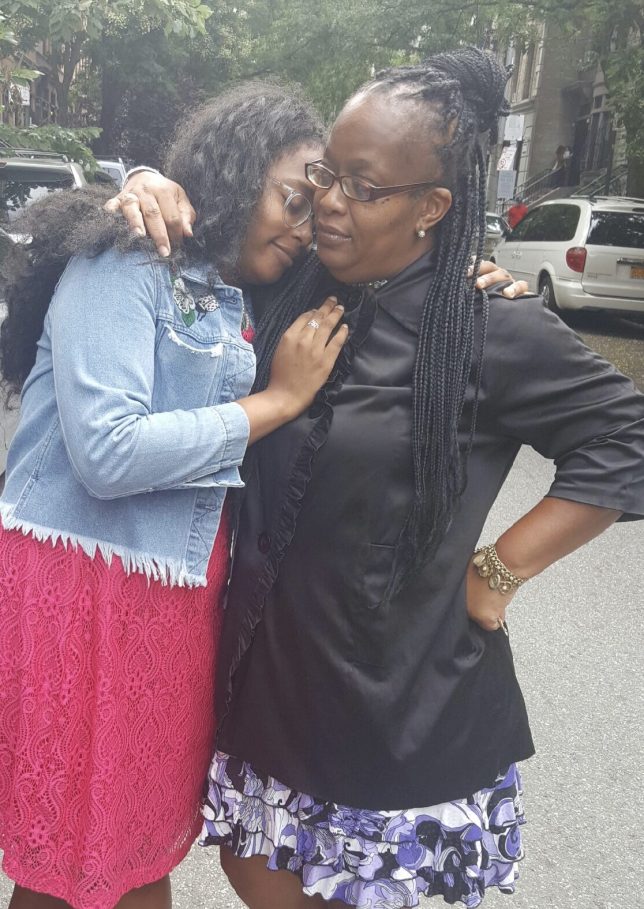Poems, at their core, are truths: simply-put yet nuanced and sophisticated, indisputable, and deeply personal truths. Poets write words that sit heavy on the page— every word deliberate, each sound carefully curated, no nuance left behind no matter how unforgiving the word count. A poem is alive from the moment one begins it. It breathes, it changes, it grows, and sometimes needs privacy. Poems can catalyze great realizations, but sometimes they make mistakes. They can seize, rattle, and move people when shared—poetry is a very generous art, but it can hurt people just as much (including the writers who write them). There’s an incomparable beauty in the kind of raw honesty and vulnerability only poetry can forge, yet its usefulness is persistently ignored.
I wrote a lot in middle school and high school, and while I spent much of my time reveling in a great number of literary disciplines—from screenwriting to fiction writing to writing short plays, poetry was always the special one among them. For a while, I couldn’t articulate what attracted me to the craft, or why it always felt so natural to write my most visceral thoughts in lines and stanzas.
I certainly wasn’t alone in the connection I felt when I wrote poems. Poetry predates written text. There was poetry long before the printing press, of course, as is the case of oral traditions and it has always been seen as a verbal art. Historically, however, poetry has proven itself to be a multipurpose craft, applied to music and other mediums; storytelling practice and traditions; and social and political movements. It is found in ancient proverbs and revolutionary writings – the most powerful speeches and songs. At a certain point, it began to crystallize for me why I and others feel so connected to it – why it has had such a profound impact on writers long before the 21st century. Poetry is beautiful, yes— but something about poetry’s looseness attracts people in general. Emotions don’t fall out of us in full, structured sentences. Feelings bend rules, whether we’d like them to or not; similarly, poetry does not follow a “correct form”. Words can follow any shape, structure, or scheme. When simple journalling or record keeping doesn’t work as an outlet to properly recount experiences, poetry rightfully takes that place. The only wrong way to write poems is how schools teach it: strict, rigid, structured. Poetry can and always has been for everyone.
This versatility is what makes poetry everything that I’ve described above—incomparably beautiful—and, as it is important to note, healthy. Poetry allows one to tell their story in their own comfortable terms, and it’s a common experience for poets to get up in the middle of the night and write themselves to sleep, or to sort through their thoughts as they write. While it’s true that everyone communicates themselves differently, poetry is a meditative tool. It can be used to map out ideas, sit on complicated questions, reflect on experiences that need reflection, and relieve (but remember: not completely heal!) pain. And most importantly, it is accessible. All it requires is a voice, spoken through a recorder or written through pen and paper. Here are some tips I have to make the most out of writing poems and to help dismantle some preconceived notions about poetry that may make the page difficult to approach:
1. Write for you. Prioritize yourself.
Poetry doesn’t have to be written for an audience. Most, if not all, of what you write can be for your eyes only. And if you’re ready to share it, then do. It’s all about moving at your own pace. Poetry is personal. Write for you. You’re the driver. Everyone else—any potential reader you have in mind—is only along for the ride.
2. There are no rules governing your poetry’s content. Write about what you want.
Some of my friends who write poetry have expressed a very similar sentiment: the best poetry comes from accessing and writing about incredibly traumatic or emotional experiences. That’s not true. Poetry can be a relieving process when it is done with patience. There is absolutely no pressure to access whatever you know you’re not ready to.
3. Break form.
Not all poems are written like sonnets or haikus. While some may say that having a specific metric or rhyming scheme is important in practicing technical skills, writing poetry is, at the end of the day, a very personal act. Poems can—and do—break form, so shape your words how you see fit.. If you want a line break there, put a line break there.
4. Don’t apologize to the page! Poetry is forgiving.
Most of the mistakes you think you’re making are all in your head—that you’ve “messed up”, that you have to start over because you didn’t get your words right the first time, that you shouldn’t have written in pen because you’d like to be able to erase whatever mess you’ve written. Again, they’re all in your head! Trust the page, and trust the process! Self-perceived “mistakes” catalyze growth anyway, so say what you want with your chest. Say what you mean.
5. Know what you’re capable of accessing, but allow yourself to be vulnerable.
This kind of goes along with being able to trust the page, but let yourself be vulnerable! I tend to let go of my reservations when I write my poems in privacy. As someone who writes and writes often, I’ve found that I’ve written my way through some really personal issues or conflicts. Again, let yourself grow! Demand what you want from the page.
6. If you don’t know what to write about, use a prompt.
Here are some of my favorite ones:
“This is what the village taught me…” (Thank you UCLA’s Word on Wednesdays!)
Write a poem in which something that was stolen from you is still yours. Hint: anything stolen from you—property, joy, etc.—is still yours. (From LA’s Spoken Literature Art Movement)
What type of relationship do you want with your writing? Name it. Whether or not you believe it, it is the only relationship you actually have total reign in. (From The Workshop OC)
Write about someone or something you love.






